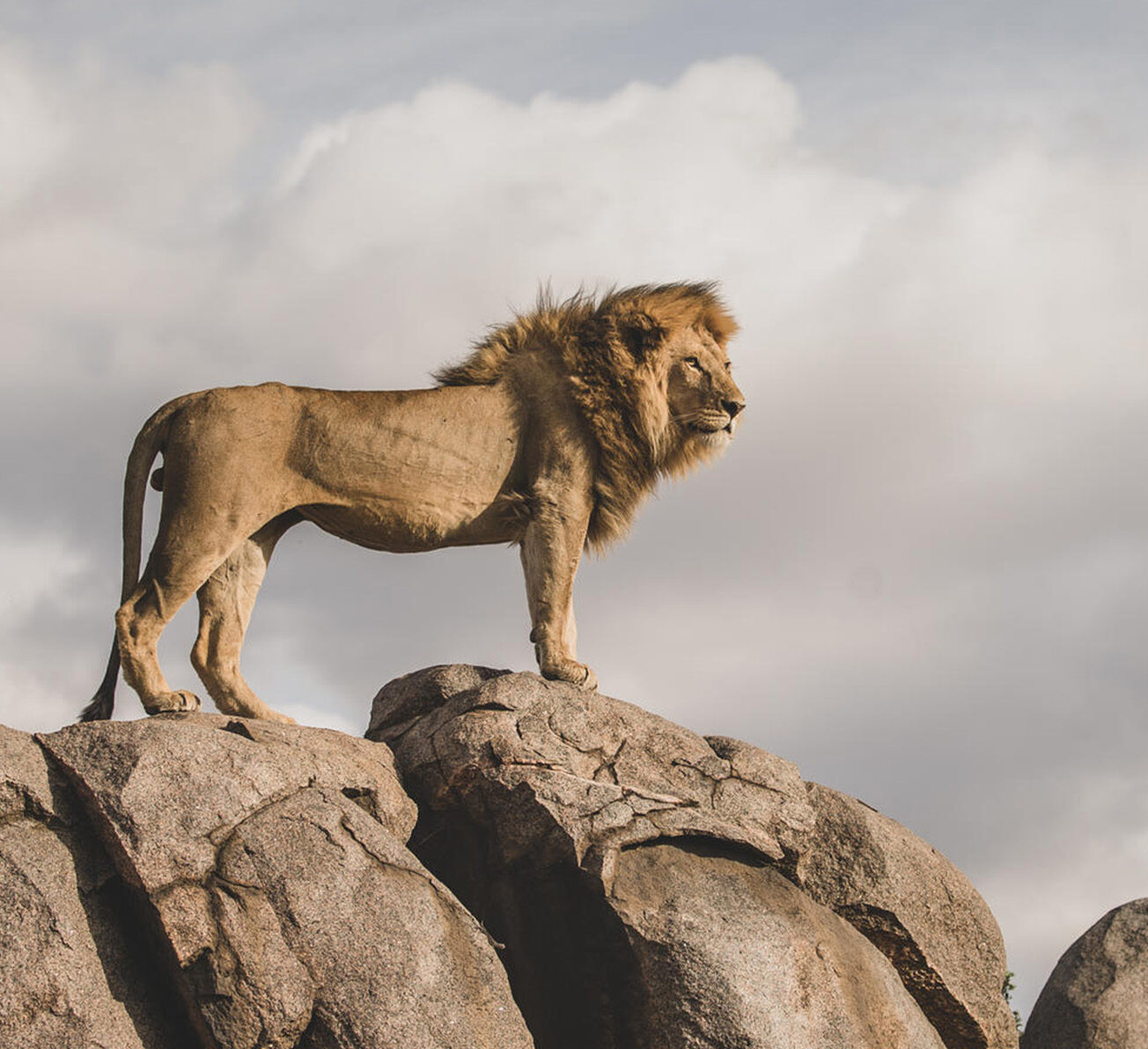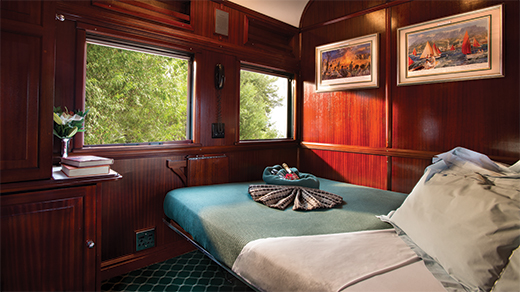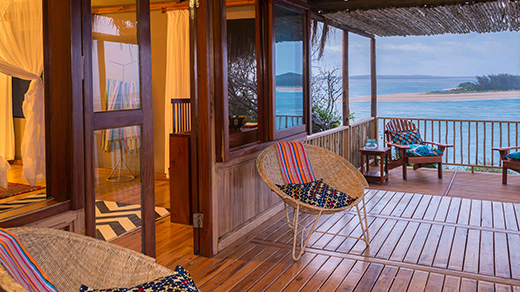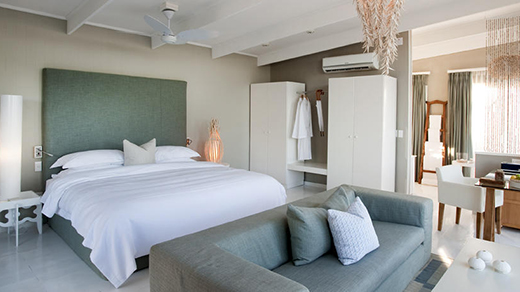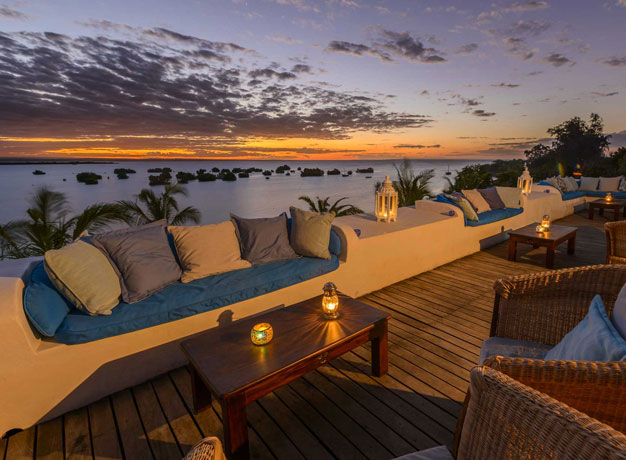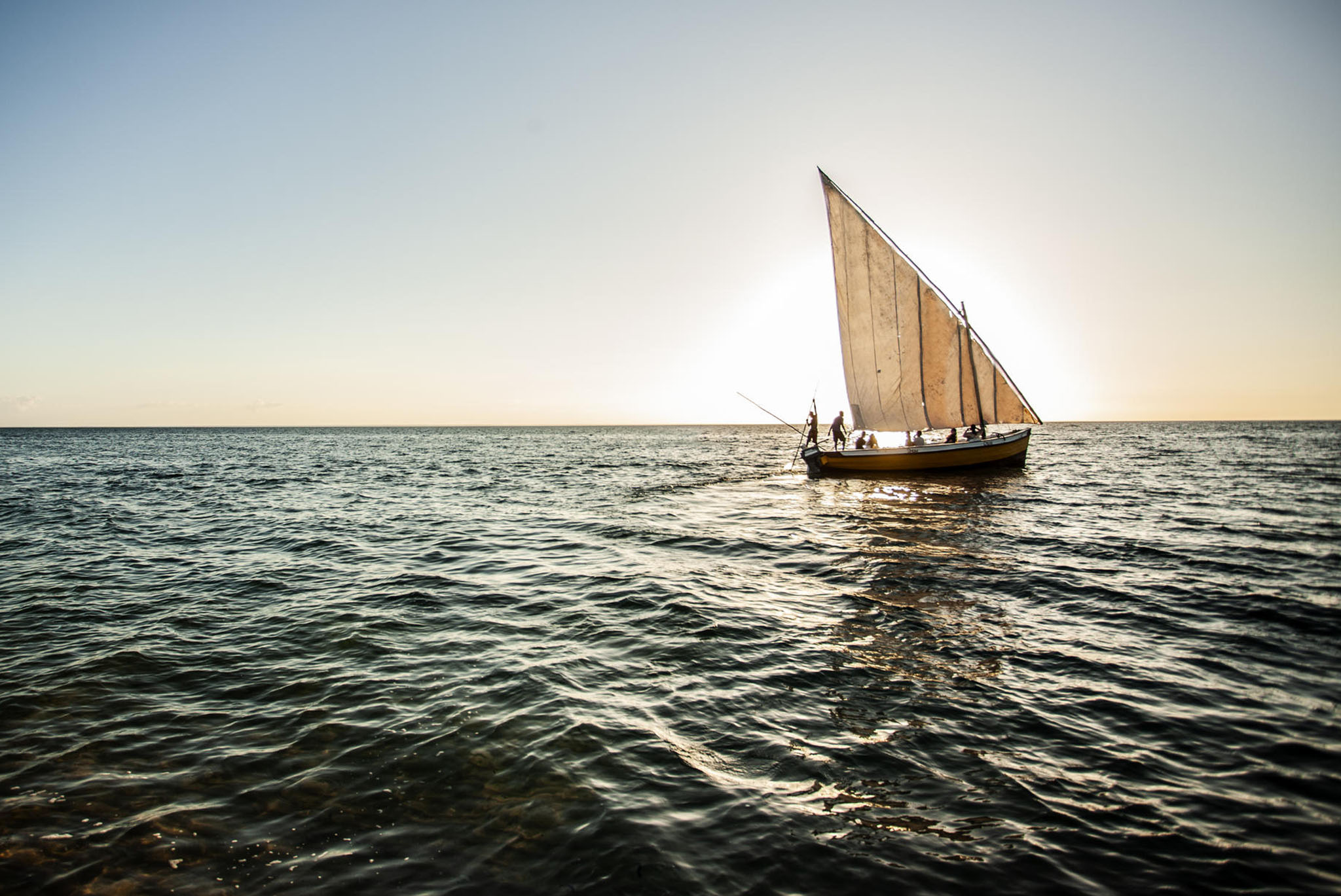
Mozambique
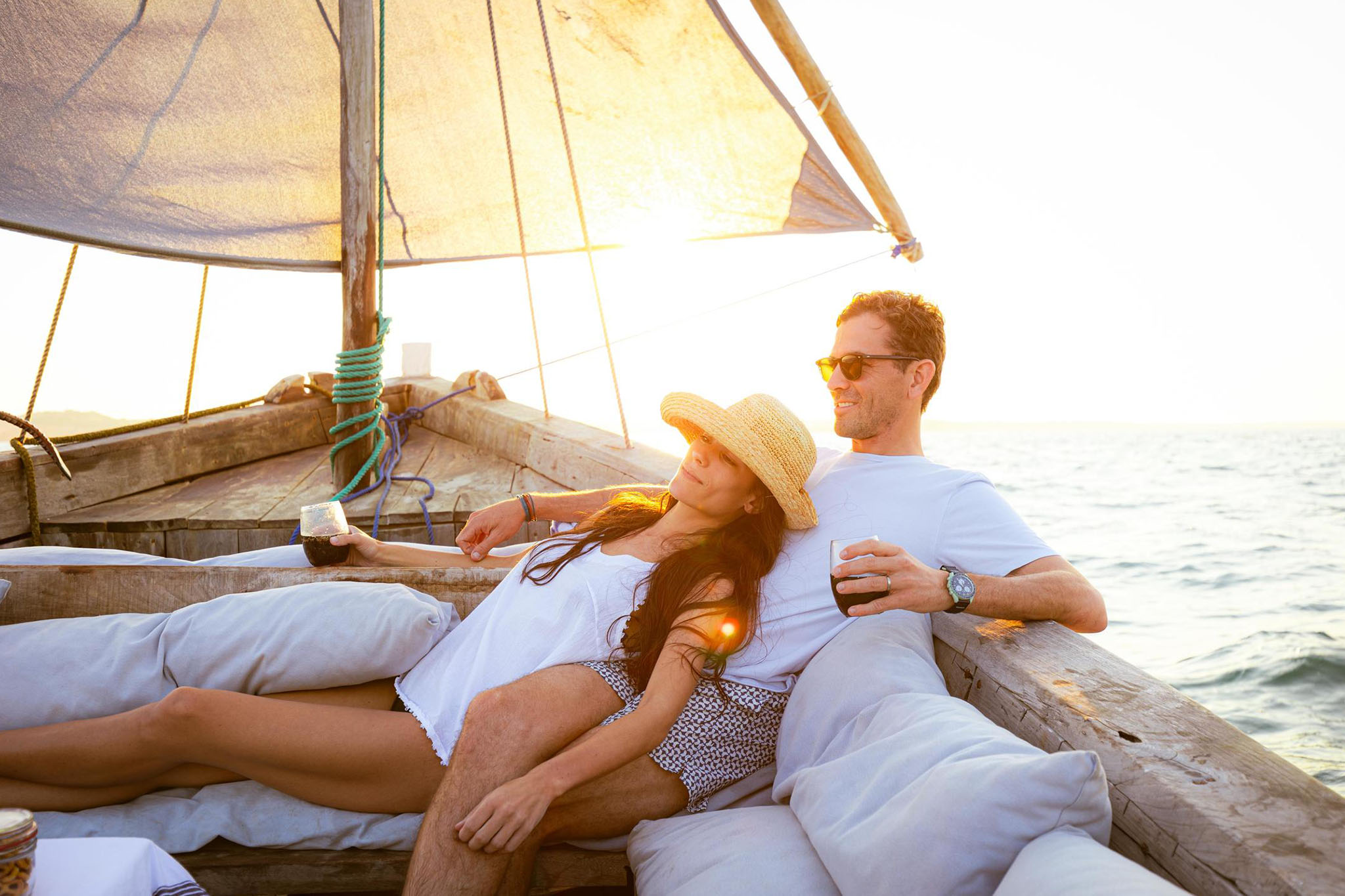
Mozambique Tour Packages
Mozambique remains one of Africa’s least explored destinations, perfect for travellers seeking authentic experiences off the beaten track. The country offers a unique blend of vibrant local culture, colonial history, and breathtaking natural landscapes.
In the Quirimbas Archipelago, Ibo Island invites you to discover centuries-old Portuguese ruins alongside pristine beaches. Further south, Medjumbe Island stands out as a secluded resort nestled in one of Mozambique’s most beautiful and untouched spots.
On the mainland, national parks like Niassa Game Reserve and Maputo Elephant Reserve provide exceptional wildlife encounters away from the crowds. These wild spaces add a memorable dimension to any visit to Mozambique.
From remote islands to vast wilderness, Mozambique reveals a land of striking contrasts and untouched beauty.
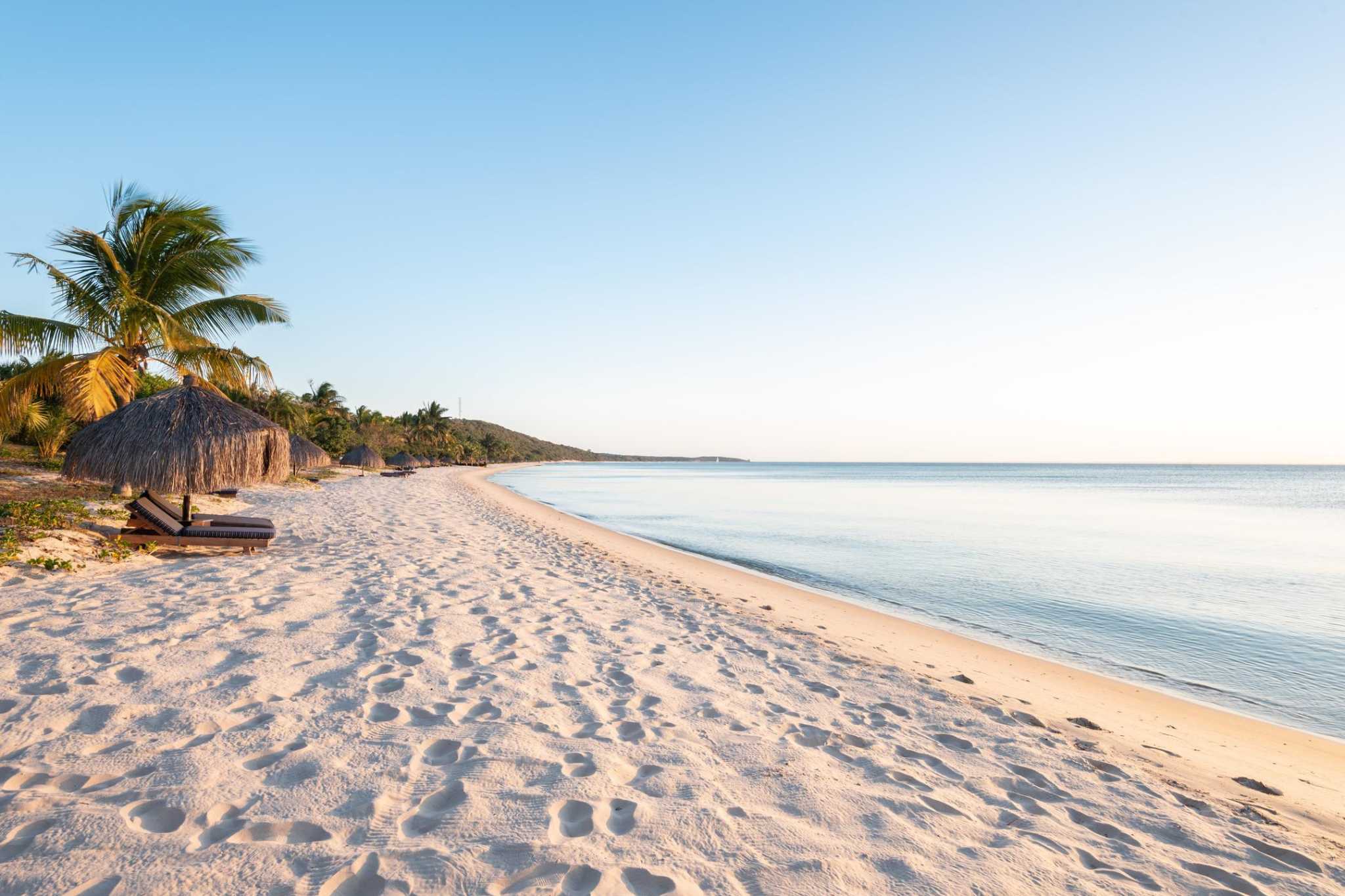
Staying in Mozambique
Mozambique is renowned for its stunning beach resorts that offer a perfect blend of luxury and seclusion. The country’s coastline is dotted with pristine islands and untouched beaches where accommodation options focus on privacy, comfort, and connection with nature. Whether you choose an exclusive island retreat surrounded by crystal-clear waters or a peaceful lodge nestled among coastal forests, Mozambique’s places to stay provide a serene escape from everyday life. Many properties emphasise sustainability and local culture, creating an experience that feels both authentic and rejuvenating. For those seeking tranquility and natural beauty, Mozambique’s accommodations invite you to relax fully and soak in the island atmosphere.
Getting to Mozambique
Mozambique’s tourism sector is still growing, so booking through a reliable and experienced African travel company can make all the difference in ensuring your trip goes smoothly. Bench Africa has been creating memorable journeys across Africa since 1969, combining expertise with local insight. When you’re ready to begin planning your Mozambique adventure, contact us today to start crafting a trip tailored just for you.
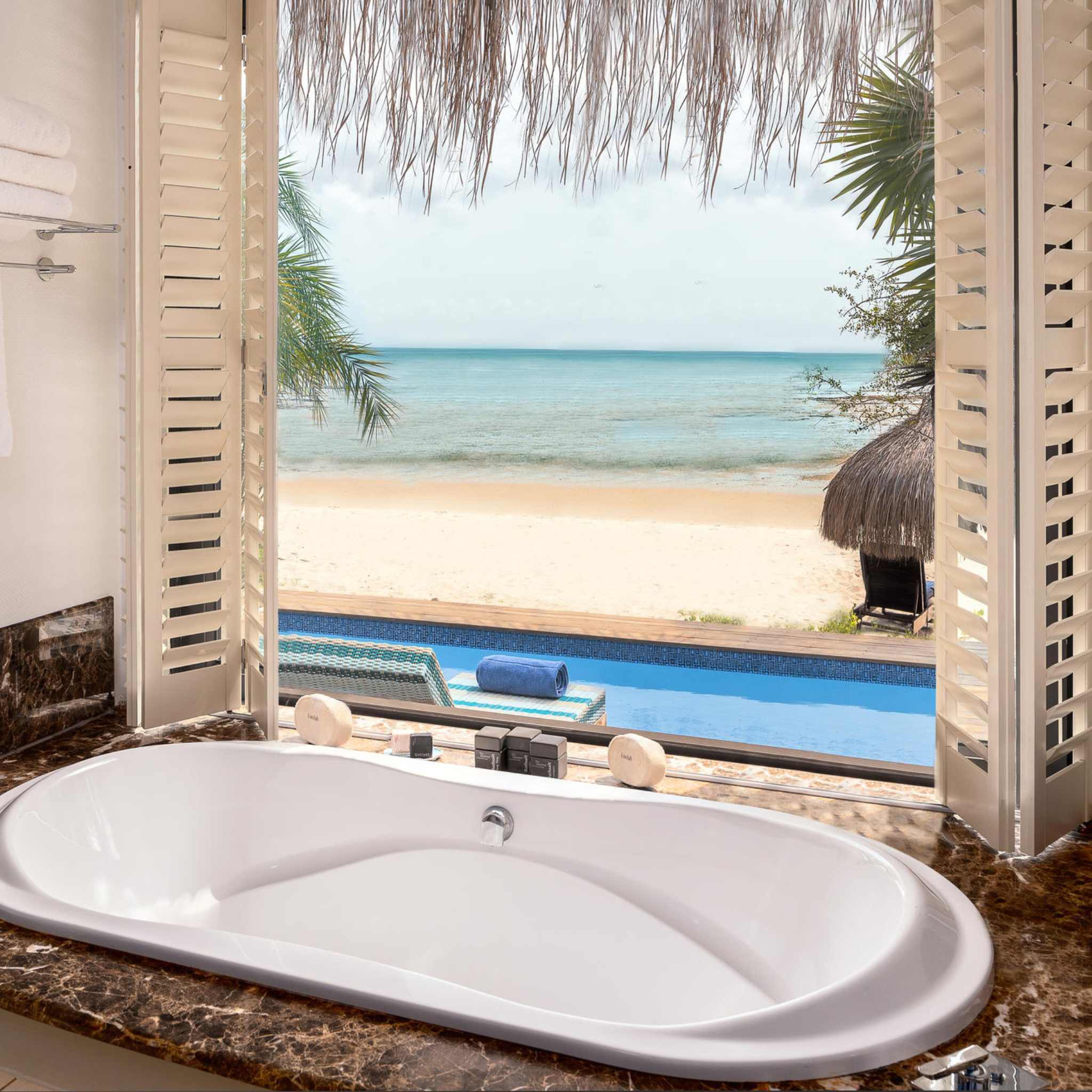
- Full Country Name Republic of Mozambique
- Area 800,000 km²
- Population 28.368 million (UN 2015)
- Capital Maputo
- Borders Malawi, South Africa, Eswatini, Tanzania, Zambia, Zimbabwe
- Religion Majority Christian (mainly Roman Catholic), Muslim, Hindu
- Time Zone GMT +2
- Languages Portuguese (official), Tsonga, Sena Nyanja, Makonde, Makhawa (local languages)
- Country Dialling Code +258
Mozambique highlights
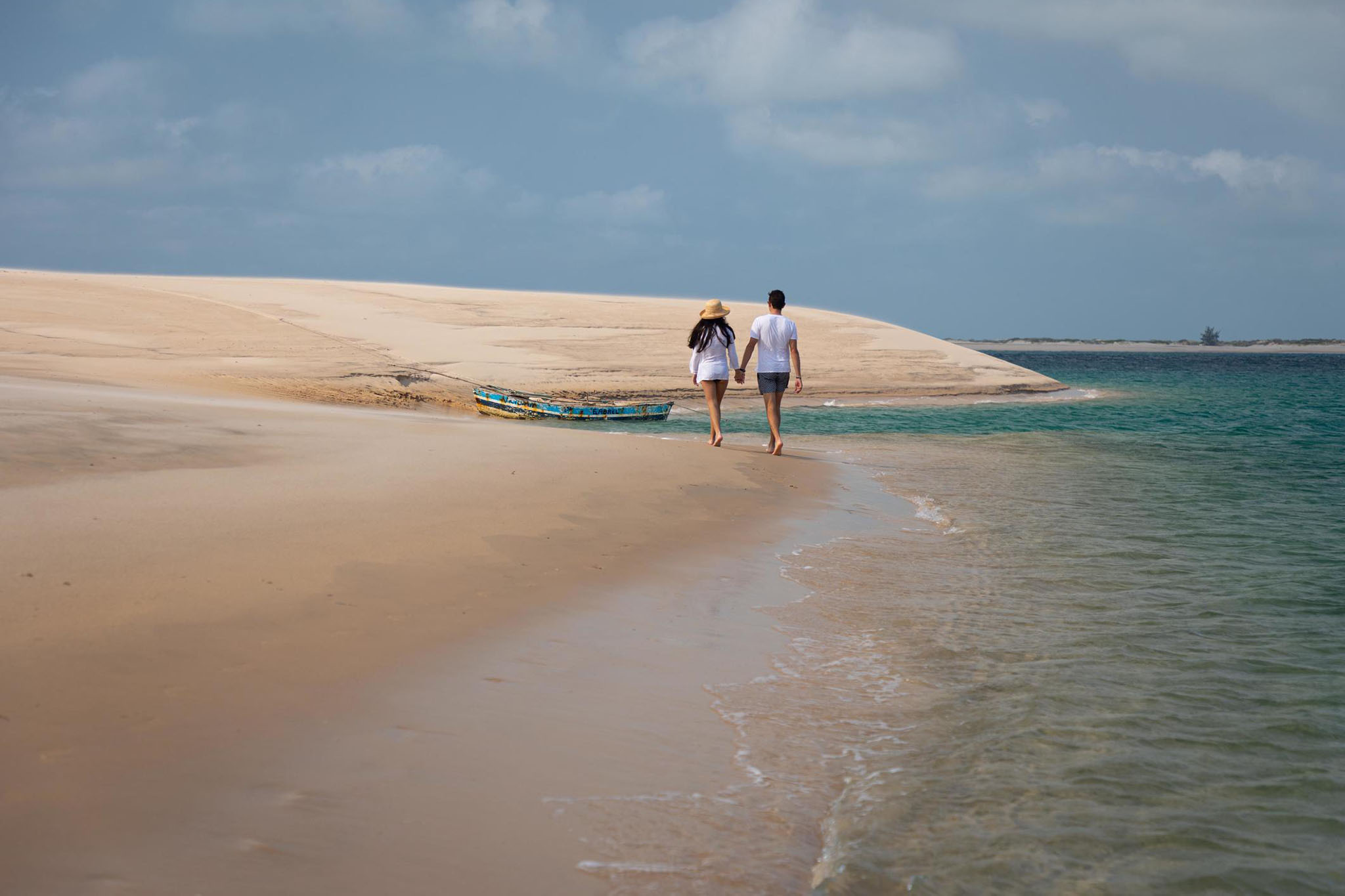
Vilanculos and the Bazaruto Archipelago
From the mainland town of Vilanculos, traditional dhows cross to the Bazaruto Archipelago, a string of sandy islands set in clear, shallow waters. The town has a relaxed energy, with markets, beach bars and water sports. Offshore, Bazaruto is known for its coral reefs, nesting turtles and elusive dugongs. Whether you're snorkelling off the boat or walking Vilanculos’ long tidal beaches, the coastline here feels expansive and full of life.
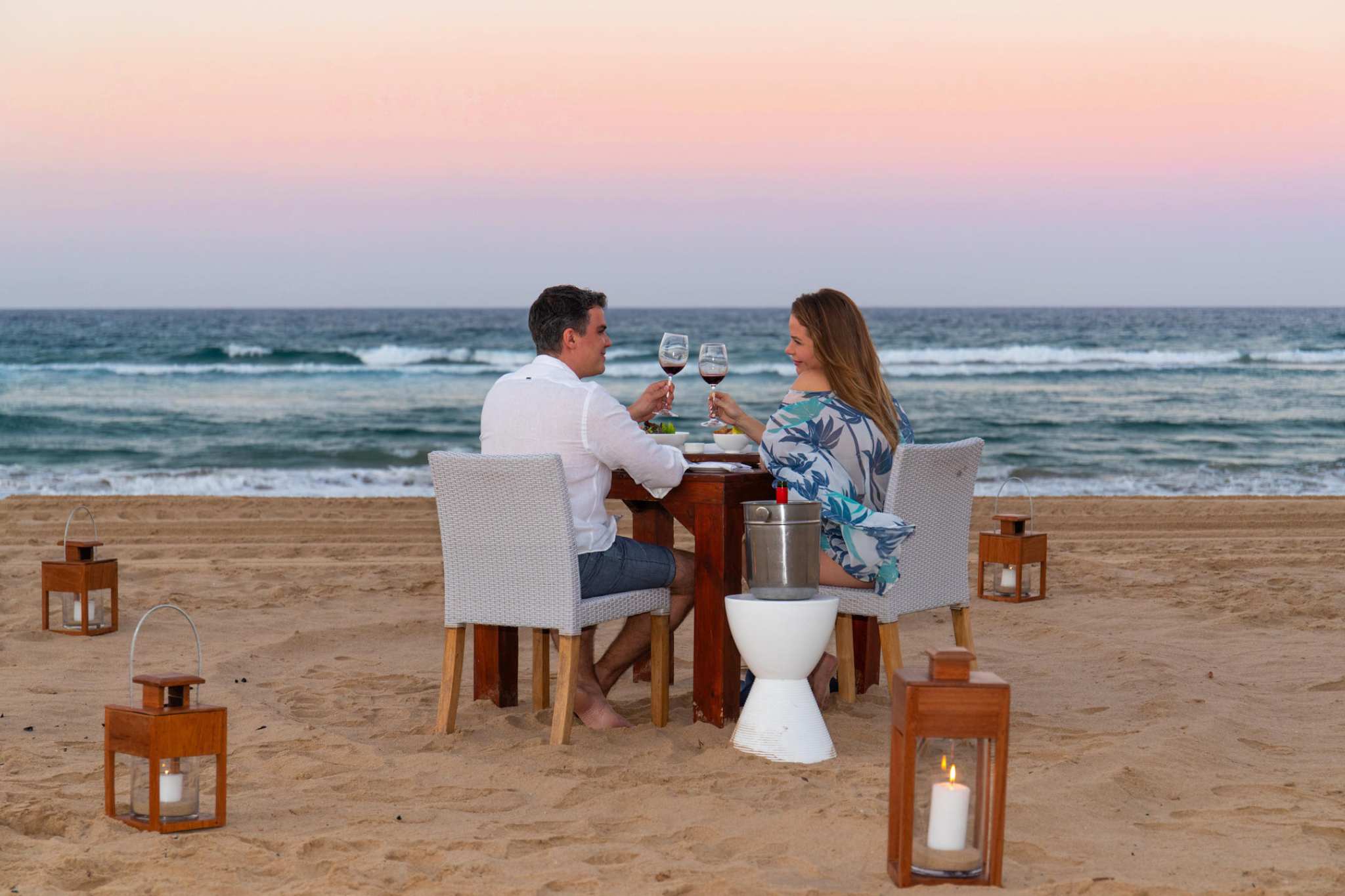
Southern Mozambique
Southern Mozambique blends wide open beaches with easy access from South Africa. The coastline stretches from Ponta do Ouro to Tofo, where sandy tracks lead to relaxed beach lodges and ocean-facing cottages. This part of the country is known for its warm waters, excellent diving, and the chance to swim with manta rays and whale sharks. Life in the coastal towns moves at its own pace—seafood is grilled at roadside stalls, Portuguese mixes with local languages, and fishermen haul in their catch as the sun comes up.
Mozambique experiences
Essential trip information
-
Accommodation
-
Accommodation in Mozambique ranges from beachfront resorts and boutique hotels to lodges in wildlife reserves and island hideaways. Properties span from reliable tourist standards to world-class establishments, offering a variety of experiences from ocean views to bush and marine settings.
On rare occasions, circumstances beyond Bench Africa’s control may require a change to the confirmed accommodation.
-
Clothing
-
General Information
Mozambique has a relaxed approach to dress, with lightweight, casual clothing being most practical. Loose-fitting cottons or linens are ideal in the warm, tropical climate, while swimwear is suited to the beach and pool but not appropriate in towns or villages. A light wrap, sarong, or kaftan is useful for moving between the beach and public areas.
Evenings at resorts may be slightly more refined, with some hotels requesting smart-casual attire for dinner (collared shirts and long trousers for men, dresses or smart separates for women). Outside of resorts, the dress code remains informal.
If you are heading on safari in Mozambique’s then neutral-coloured clothing. Lightweight, breathable long sleeves and trousers are useful for protection against the sun and mosquitoes. Comfortable walking shoes or boots are essential for game drives and short nature walks.
A wide-brimmed hat or cap and good sunglasses are important for sun protection, and a lightweight rain jacket may come in handy during sudden summer showers (November–April). Flip-flops or sandals are suitable for the beach or lodge areas, but sturdy footwear is required for safaris.
Laundry services are widely available at resorts and lodges, though it’s best to check turnaround times if you have a tight schedule.
Packing List
Essentials:
- Lightweight, soft clothing (cotton or linen)
- Neutral-coloured safari clothing (long-sleeved shirts and trousers for game drives)
- Hat or cap for sun protection
- Reusable water bottle
- Good quality sunglasses (polarized if possible)
- Camera, charger, and adaptor
- Travel adaptor for charging devices
- Comfortable walking shoes or safari boots
- Sandals and flip-flops
- Swimwear and a cover-up for beach areas
- Light jacket, cardigan, or shawl for cooler evenings
- Lightweight raincoat or umbrella (especially November–April)
- Binoculars for wildlife spotting
- Torch for evenings
Health and Safety:
- Basic medical kit (plasters, painkillers, antiseptic cream, Imodium, etc.)
- Insect repellent (particularly for coastal areas and safari zones)
- Sunscreen with high SPF
- Aftersun lotion or aloe vera gel
- Tissues or wet wipes
- Lip balm with SPF
- Any prescribed medications
-
Communication
-
Mozambique has a reliable telephone and mobile network in major cities and tourist areas, though coverage can be limited in remote or rural regions. Most hotels, lodges, and guesthouses provide Wi-Fi, but speeds may vary, particularly at beach lodges and in more isolated locations.
Visitors with roaming-enabled mobile phones can connect to local networks, though international rates can be high. Purchasing a local SIM card or using an eSIM where available is usually the most convenient and cost-effective way to stay connected.
-
Country Overview
-
Mozambique is a vibrant and diverse country located on the southeastern coast of Africa, bordering the Indian Ocean. It is known for its extensive coastline, pristine beaches, and idyllic islands such as Bazaruto and Quirimbas, which are ideal for snorkeling, diving, and marine exploration. Inland, the country features national parks and reserves that are home to a variety of wildlife, including elephants, lions, and hippos. Mozambique has a rich cultural heritage influenced by African, Portuguese, and Arab traditions, which is reflected in its music, cuisine, and architecture. The climate is generally tropical along the coast, with hot, humid summers and mild, dry winters, while the inland regions experience a mix of tropical and subtropical conditions. Major cities like Maputo offer urban attractions, markets, and historic sites, while more remote areas provide opportunities for quiet relaxation and immersion in natural beauty.
-
Electricity
-
Voltage & Frequency
The standard electricity supply in Mozambique is 220 volts with a frequency of 50 Hz. Most outlets use the European-style two-pin plug (Type C), though some hotels and lodges may also have three-pin sockets. Travellers are advised to bring a universal adaptor.Socket Types in Mozambique
Type C (European 2-pin)
Type M (South African 3-pin) -
Families
-
Mozambique can be an appealing destination for families, particularly those who enjoy beaches, water-based activities, and exploring coastal islands. Some resorts provide family-friendly accommodation, children’s pools, and supervised activities. While larger resorts often have these facilities, smaller lodges and boutique properties tend to focus on adult travellers, so it is important to check in advance. Our Safari Specialists can help you find just the right properties for you and your tribe. We can recommend activities that children will love too!
-
Further Information
-
NATIONAL PARK FEES
- When staying in southern Mozambique, National Park fees may apply depending on where you visit.
- The Bazaruto National Park attracts a one off payment of USD 10 per person (paid at the first establishment visited).
- There is no fee for the Quirimbas National Park.
- National Park fees are subject to change.
-
Health
-
We strongly recommend you speak to your GP or local Travel Doctor for up-to-date information and advice.
-
Insurance
-
Insurance is a mandatory requirement for your travels, and we strongly advise you to secure Comprehensive Travel Insurance at the time of booking your trip. Make sure you have a thorough understanding of the Terms and Conditions outlined in your policy and that you are well informed about your insurance coverage to ensure that you are adequately prepared for any unforeseen circumstances during your travels.
-
Money Matters
-
Currency
The unit of currency in Mozambique is the Metical (Mzn), pronounced meticaish, which is divided into 100 centavos.
General Guidelines
Full banking services are available in major towns across Mozambique, though some banks and ATMs may charge a commission. US Dollars can be easily exchanged, although smaller denominations are usually preferred. In the southern regions, the South African Rand is widely used. Credit cards are increasingly accepted in Maputo, but beyond the capital, they are generally not accepted, so it is advisable to carry cash in local currency or small US Dollar notes for convenience. Visa and MasterCard are the most widely accepted cards, with American Express accepted at some larger establishments. Other cards, such as Diners Club, are rarely accepted.
-
Responsible Giving
-
As you prepare for your journey to Mozambique, consider making a positive impact on local communities by allocating a small space in your luggage for essential items that can significantly improve the lives of those in need.
Explore the Pack for a Purpose initiative, connecting travellers with specific requirements identified by local projects. The website provides a platform where you can find a list of requested items and guidelines for responsible giving.
Additionally, many camps actively engage in community projects, often sharing details on their websites. Take a moment to visit the websites of the camps you’ll be staying at. Check if they have specific needs for supplies that you can bring and donate upon your arrival. A small act of generosity can make a significant difference.
-
Road Travel
-
Road Conditions
Road surfaces in Mozambique vary between tarmac, gravel, and sand, and vehicles may occasionally need to travel off road. In remote areas, national parks, and reserves, expect rough and bumpy roads that can be in poor condition and affected by seasonal weather. -
Shopping
-
Mozambique is a treasure trove for those who enjoy discovering local crafts. Vibrant textiles, handwoven baskets, carved wooden figures, and jewellery made from shells and stones are just some of the items you might find. Markets and roadside stalls are ideal for picking up unique pieces, and haggling is part of the experience, while formal shops generally have fixed prices.
Cash in Mozambican Meticals is widely used, and US Dollars are accepted in many tourist areas. Credit cards are mostly limited to Maputo and a few larger establishments, so carrying cash is recommended when venturing further afield.
Choosing locally made goods not only gives you a special keepsake but also supports communities and helps sustain traditional crafts.
-
Tipping
-
TIPPING GUIDELINES
Tipping is usually considered customary in Africa although not as widespread as the United States or Europe. It is always at your discretion. If you feel that someone has gone the extra mile to make your stay more enjoyable, a tip would be considered a nice way of saying thank you.
To help you budget for your trip, the following is given as a guideline only (shown in US Dollars):
Driver (per person per full day): $5.00
Hotel Porter (per bag): $1.00
Restaurant (per person per meal): $1.00
A la Carte dining: 10% of the bill -
Useful Numbers
-
Australian Consulate in Maputo, Mozambique
Head of Mission – This post is headed by an Honorary Consul:Av 25 de SetembroNo 2834 MaputoMozambiquePhone: +27 12 423 6000 -
Visa Information
-
Do I Need a Visa to Travel to Mozambique?
Visa regulations for Mozambique can change frequently and may vary depending on your nationality and purpose of travel. Bench Africa does not provide individual visa advice. It is recommended to check the most up-to-date information on Smart Traveller before booking and again prior to departure.
Travellers should ensure their passport is valid for at least six months beyond the date of entry and has at least two blank pages for entry and exit stamps. Visitors may be required to show onward travel documents and proof of sufficient funds for their stay. Carrying photocopies of your passport, visa, and other essential documents is advisable.
It is your responsibility to confirm that all passport, visa, and entry requirements are met before travelling. Always double-check Mozambique’s entry regulations before your trip, as these can change at any time.
-
When to Travel
-
Climate
Mozambique enjoys warm to hot weather along its extensive coastal lowlands for most of the year. The country experiences a single rainy season, with the south receiving most of its rain between December and March, during which some lodges temporarily close. Daytime temperatures peak in the afternoon, while nights are generally cooler, though conditions can vary from year to year.
For safari-goers, the dry season from May to October is the best time to see animals gather around rivers and waterholes in the south and central regions. Northern reserves, such as Niassa and Quirimbas can be affected by seasonal flooding, creating lush landscapes that are home to elephants, lions, hippos, and rare antelope species.
Bench Africa on Instagram
